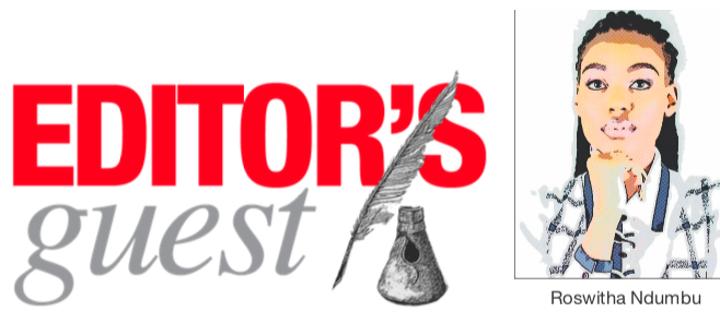Africa-Press – Namibia. FOR MANY First World countries, the fourth Industrial Revolution (4IR) – which refers to the fusion of advances in artificial intelligence (AI), robotics, the internet of things (IoT), and other technologies – is already upon them.
Countries such as the United States have made great strides in providing a blueprint for others to reference, especially with regards to AI (the simulated intelligence in machines that enables them to replicate, mimic and act like humans) and how it can successfully be used in various sectors.
However, Africa is still lagging behind particularly with regard to internet and technology access, infrastructure, and education. For example, in Namibia it was reported in 2019 that out of 1 897 government schools across the country, only 590 schools (just more than 30%) are connected to the internet. How will it be possible for Namibia’s younger generations to take part in the 4IR when even the basics, such as internet connectivity, are not in places. It was also recently reported that according to World Bank figures, only 55% of the Namibian population have access to electricity.
Assessing what can be done about such major challenges is the 4IR Task Force chaired by Anicia Peters, pro-vice chancellor of research, innovation, and development at the University of Namibia (Unam). The eight-member task force was appointed in July this year by president Hage Geingob and given the mission of assessing Namibia’s readiness for 4IR and making recommendations regarding policy and legislative frameworks.
NOT UP TO SCRATCH In 2020, the United Nations body for ICT, the International Telecommunications Union (ITU), classified Namibia as a potential haven for online criminals in its global cybersecurity index (GCI). Namibia was ranked globally at 155th, and in Africa, 31st out of 43 countries surveyed.
The 2020 rankings showed a decline from 2017 when Namibia came in at 151. Namibia’s overall score was 11,47 (out of 100). Worryingly, Namibia received zero for technical and organisational measures and 2,84 for legal measures, though it was an improvement from the 2017 index when the country received zero. Namibia’s highest score was in the capacity building pillar – 6,30 while the score for the cooperation pillar was 2,34.
The ITU index clearly indicates our laws and policies are not up to scratch. We need to urgently ensure we have effective but not draconian cybersecurity and data privacy laws in place.
The ITU’s ranking is further reinforced by World Economic Forum’s Networked Readiness Index (NRI), also referred to as Technology Readiness, which measures the propensity for countries to exploit the opportunities offered by information and communications technology. In its 2020 Networked Readiness Index (NRI) report, the WEF ranked Namibia 103rd out of 134 countries with a score of 36,11 out of 100.
The NRI is based on four pillars – Technology, People, Governance, and Impact. As it relates to the technology pillar which is based on Access, Content and Future technologies, Namibia was ranked 93rd out of 134 countries with a score of 30 out of 100.
There is no doubt that the task force, which is expected to complete its final report in 2022, will have its work cut out. Namibia still has a long way to go in terms of achieving even basic levels of ICT readiness.
The potential benefits of 4IR can only be realised if the current challenges around access to the internet, technology and infrastructure shortfalls, and quality of education are urgently addressed.
For More News And Analysis About Namibia Follow Africa-Press






